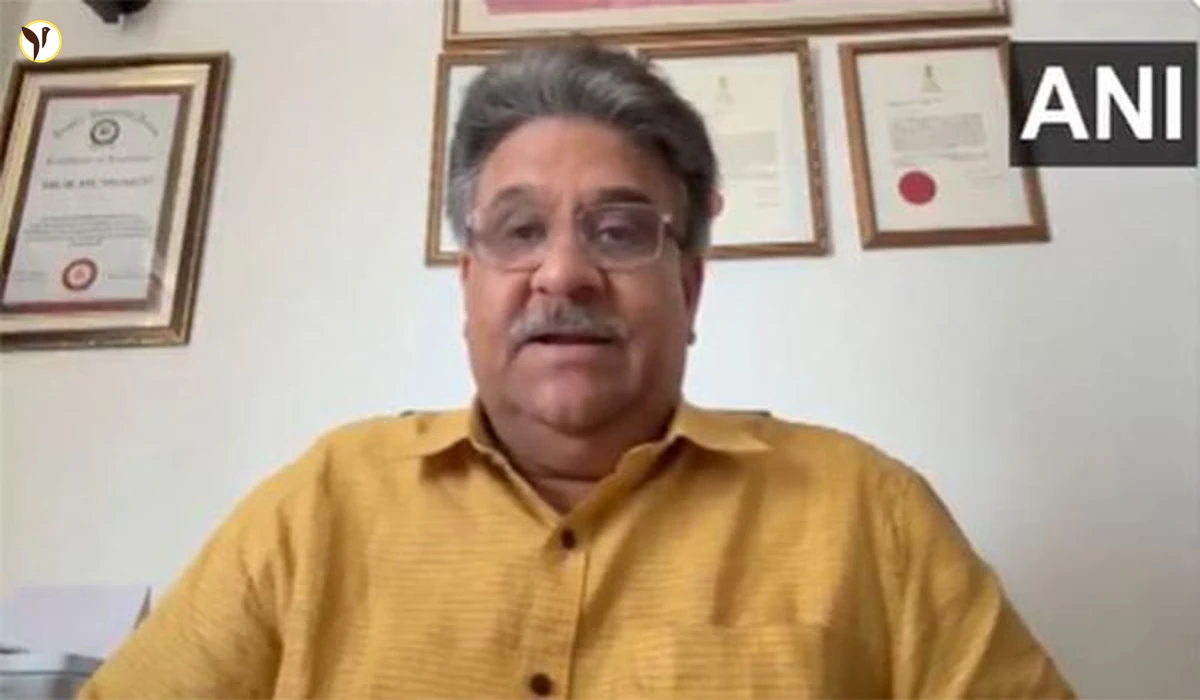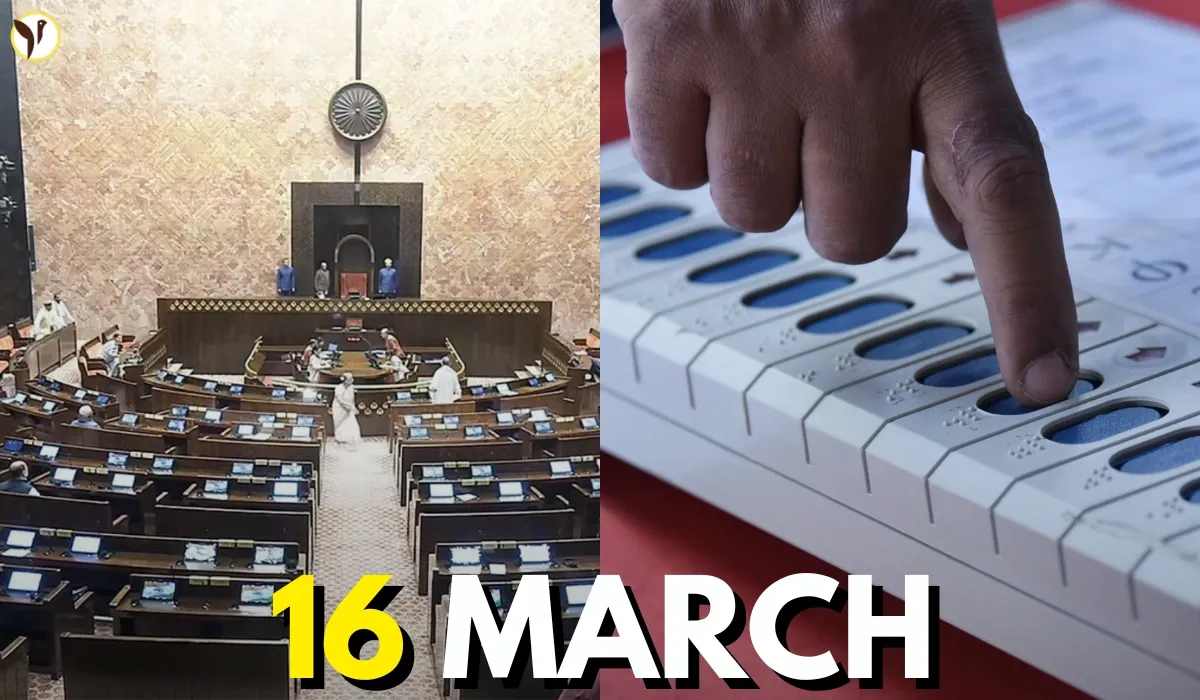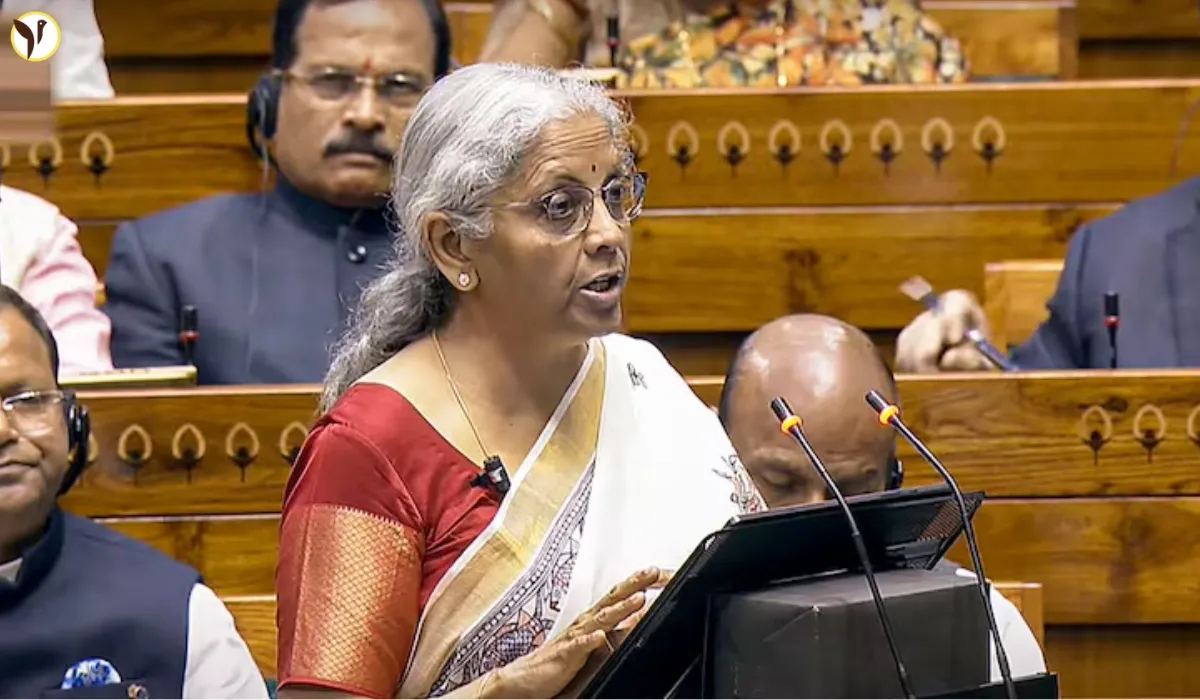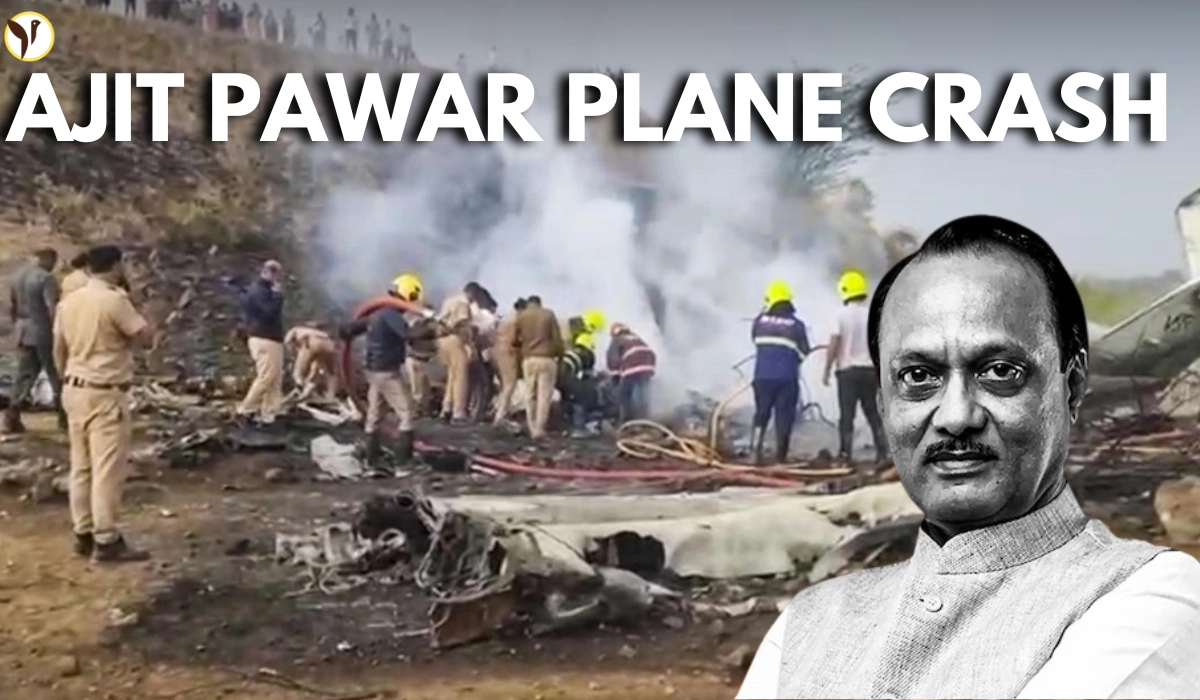Modi Headed to G7 Summit in Canada – A Risky Move?
It's a big deal. Indian Prime Minister Narendra Modi is going to the G7 summit in Canada later this month. Sounds straightforward enough, right? Except, the relationship between India and Canada is, shall we say, a little frosty right now. This invitation, and Modi's acceptance, has definitely raised some eyebrows.
A Phone Call and an Invitation
The invitation came directly from Canadian Prime Minister Mark Carney, a phone call that followed a recent congratulatory message from Modi after Carney’s election victory. Modi, in a post on X (formerly Twitter), expressed his optimism for improved India-Canada relations and his eagerness to meet with Carney. It all sounds very diplomatic and cordial, doesn’t it?
But here’s the rub. This seemingly friendly gesture comes against a backdrop of significant tension between the two countries. Remember the allegations surrounding the killing of Hardeep Singh Nijjar, a prominent Sikh activist in Canada? Canada has pointed fingers at India's involvement, while India vehemently denies any connection.
- The aftermath of those accusations has included tit-for-tat expulsions of diplomats.
- And frankly, it's left a pretty sour taste in the mouths of many.
So, Modi's attendance at the G7, considering this sensitive context, is a bold move. Some see it as an opportunity to bridge the gap and start repairing the damaged relationship. Others are more skeptical, viewing it as a risky gamble that could backfire.
Mixed Reactions and a Divided Opinion
The reaction to the invitation has been far from unanimous. While some, like former diplomat Anil Trigunayat, highlight the importance of India's participation in the G7 and Modi’s role as a “bridge builder,” others have expressed strong criticism. Sikh advocacy groups, for instance, have voiced their concerns, arguing that Modi's presence would be a betrayal of Canadian values given the unresolved tensions.
Honestly, I can see both sides of this. On one hand, engaging in dialogue at a high level is crucial to resolving conflict. On the other hand, it feels like a massive risk to attend a major international event with a country you're publicly at odds with.
Prime Minister Carney has attempted to address these concerns, emphasizing India's important role in global discussions about energy, AI, and critical minerals. He's also pointed to renewed law enforcement cooperation as a positive development. But whether that's enough to soothe the concerns of the Sikh community and other critics remains to be seen.
The G7 Summit: A Stage for Diplomacy or Confrontation?
The upcoming G7 summit in Kananaskis is already set to focus on pressing global challenges. With Modi's attendance confirmed, the India-Canada relationship will undoubtedly cast a long shadow over the proceedings. Will it be a forum for productive dialogue and reconciliation, or will existing tensions bubble over? Only time will tell. But one thing is certain: all eyes will be on this meeting.
This situation is definitely one to watch closely. The coming weeks will be critical in shaping the future of India-Canada relations and the overall outcome of the G7 summit.









